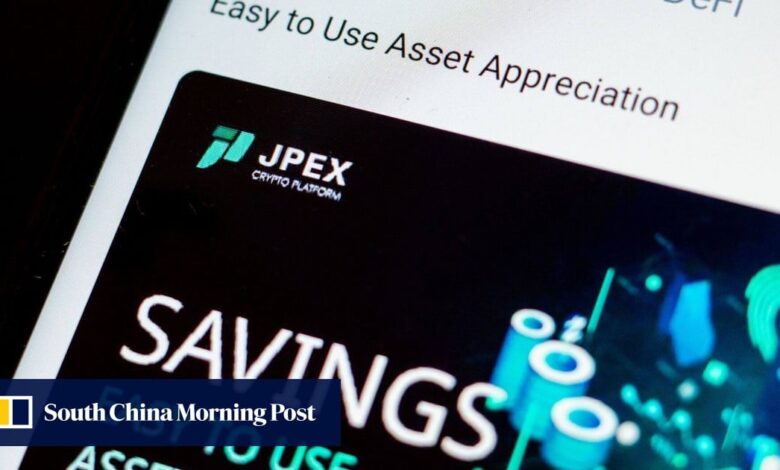Hong Kong retail interest in virtual assets grows but three out of four people invest for short-term reasons, survey finds

Hong Kong retail investor interest in virtual assets has grown in recent years but three out of every four of them have been investing in the asset class based on short-term considerations, a new survey finds.
Eight per cent of retail investors in the city invested in virtual assets in 2023, up from only 1 per cent in 2019, according to a new study published on Wednesday by the Investor and Financial Education Council (IFEC), a subsidiary of the Securities and Futures Commission (SFC), Hong Kong’s securities regulator.
The study, which was conducted from June to July this year and surveyed 1,000 people aged between 18 and 69, found that all of the virtual asset retail investors held cryptocurrencies but only 6 per cent held non-fungible tokens (NFTs) and 2 per cent held stablecoins.
Interest in virtual assets is expected to grow further, with the intention to invest in virtual assets or related products in the next 12 months standing at 11 per cent, the IFEC says in its report.
Hong Kong’s crypto power players applaud Web3 regulation after JPEX scandal
Hong Kong’s crypto power players applaud Web3 regulation after JPEX scandal
Of the retail virtual asset investors surveyed, 75 per cent said that they invest in virtual assets to pursue short term returns. Meanwhile, 74 per cent of them believe that virtual assets are an investment trend and 73 per cent invest in virtual assets because they “worry about missing out on popular investment opportunities”, according to the IFEC, pointing to the need for improved investor education.
Meanwhile, most retail investors in virtual assets tend to be “overconfident in their judgment”, and rely on “mental short cuts” to select information, according to new research conducted by the Department of Applied Social Science of the Hong Kong Polytechnic University (PolyU), which used data from a separate IFEC report that surveyed 501 people from November to December last year.
These mental short cuts, known as “heuristics” in behavioural economics, include the tendency to pay too much attention to past information, to rely only on information that is readily available, easy to recall and familiar, and overestimating personal intuition, PolyU said in its research results published on Wednesday.
“Virtual asset investors should think more deliberately and rationally,” said Eric Chui, head of PolyU’s Applied Social Science unit. “They should also build up their financial literacy and collect high-quality market information to avoid irrational investment behaviour and biases, in order to make more informed investment decisions.”
The risks of retail investment in virtual assets has come to the fore recently following the scandal involving cryptocurrency trading platform JPEX, an allegedly fraudulent firm that has been blamed for HK$1.56 billion in investor losses. The SFC has said that most victims related to JPEX are retail investors, with little knowledge about virtual assets.
The research and the recent scandal have occurred as Hong Kong pushed ahead with high-profile efforts to boost its virtual asset industry, including recently allowing licensed exchanges to take retail customers.
Dora Li, general manager of the IFEC, the SFC subsidiary tasked with investor education, said on Wednesday that while the council’s past online educational campaigns about virtual assets received “pretty good views”, it will further increase its efforts to educate retail investors about virtual assets and investing behaviour.





